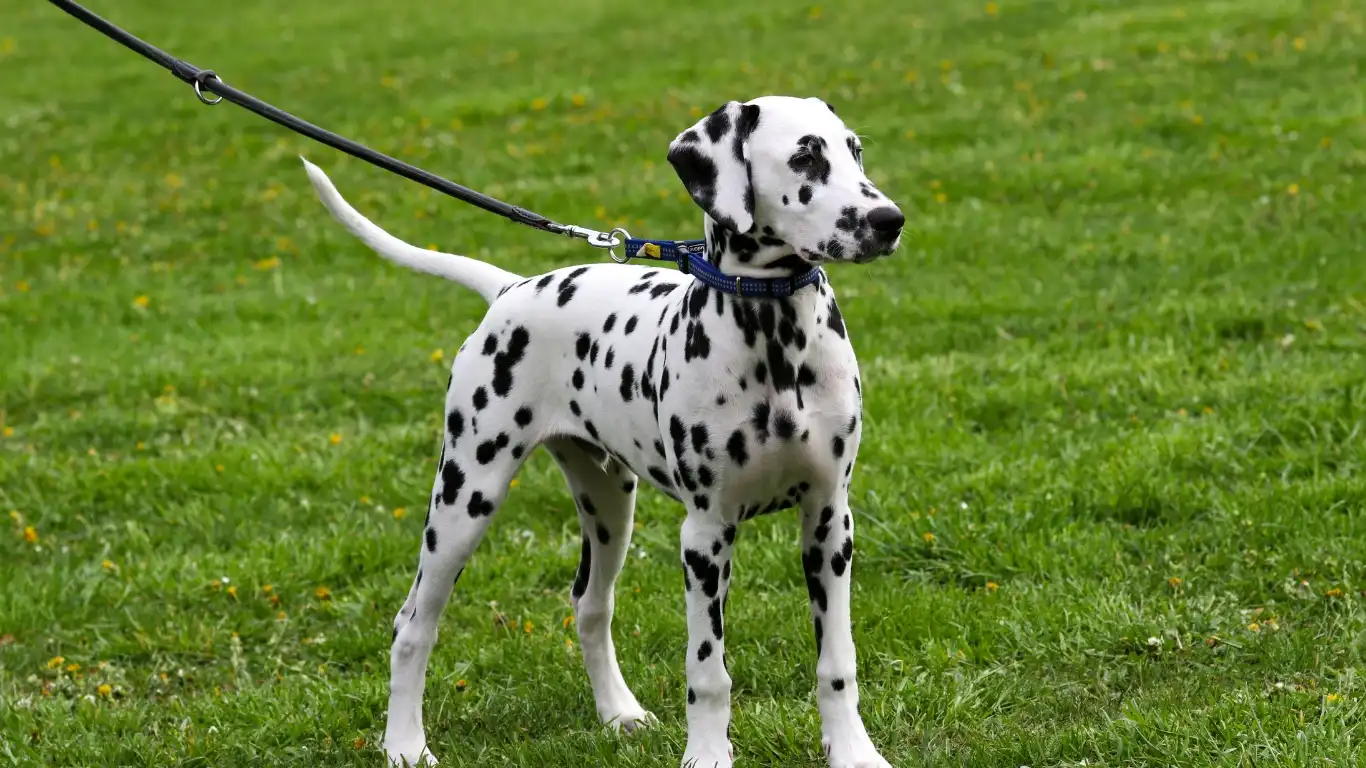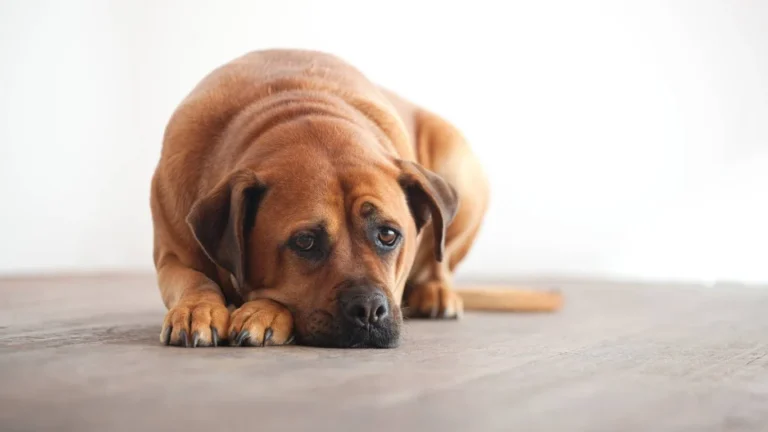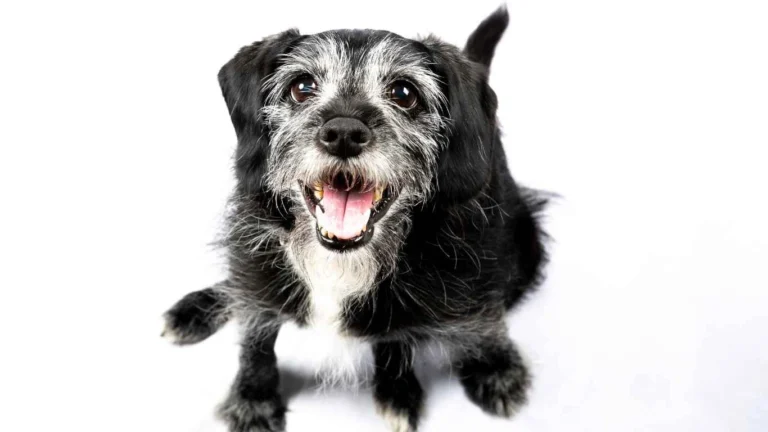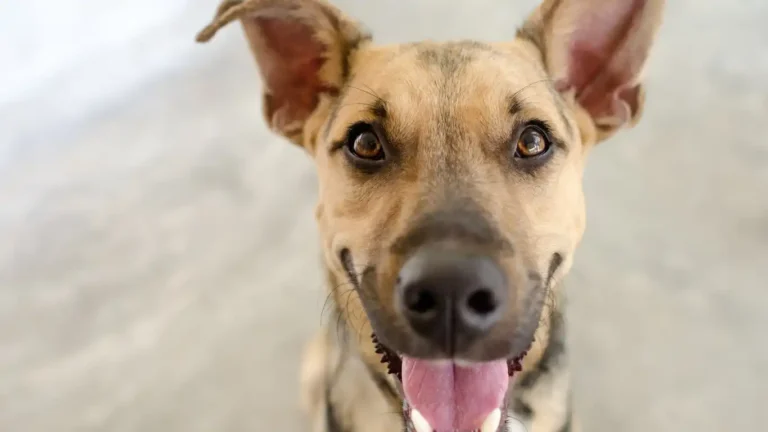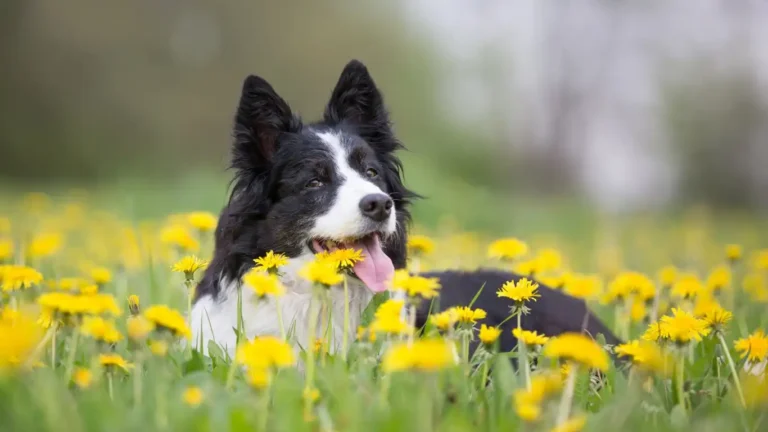5 Best Natural Remedies for Dog Gas and Bloating That Work Wonders
If you’re a dog parent, you’ve probably seen your furry friend experience some discomfort from time to time. One of the most common issues? Dog gas and bloating. These are problems that can leave both your pet and you feeling a bit miserable. Whether your dog is gassy after a meal or seems uncomfortably bloated, understanding the causes and knowing how to treat it is essential. If you’re on the hunt for the best natural remedies for dog gas and bloating, you’re in the right place! As a veterinary technician specializing in nutrition, I’ve seen first-hand how diet, lifestyle, and natural solutions can make a huge difference in managing these pesky issues. Let’s dive into some practical tips to help your dog feel better—naturally.
Understanding Gas and Bloating in Dogs

Before we jump into remedies, it’s important to understand why gas and bloating occur in the first place. Gas is simply a byproduct of digestion. When your dog eats, they swallow air along with their food, and sometimes the digestive system doesn’t process it properly, leading to excess gas. Bloating, on the other hand, is a more serious condition where the stomach fills up with gas or air, causing discomfort or even life-threatening situations. In severe cases, bloating can lead to gastric dilatation-volvulus (GDV), which is a medical emergency.
Luckily, not all cases of bloating are as extreme, but it’s important to address the underlying causes to prevent discomfort and possible complications. Factors like food allergies, a poor diet, rapid eating, and even stress can all contribute to gas and bloating in dogs.
Common Causes of Dog Gas and Bloating
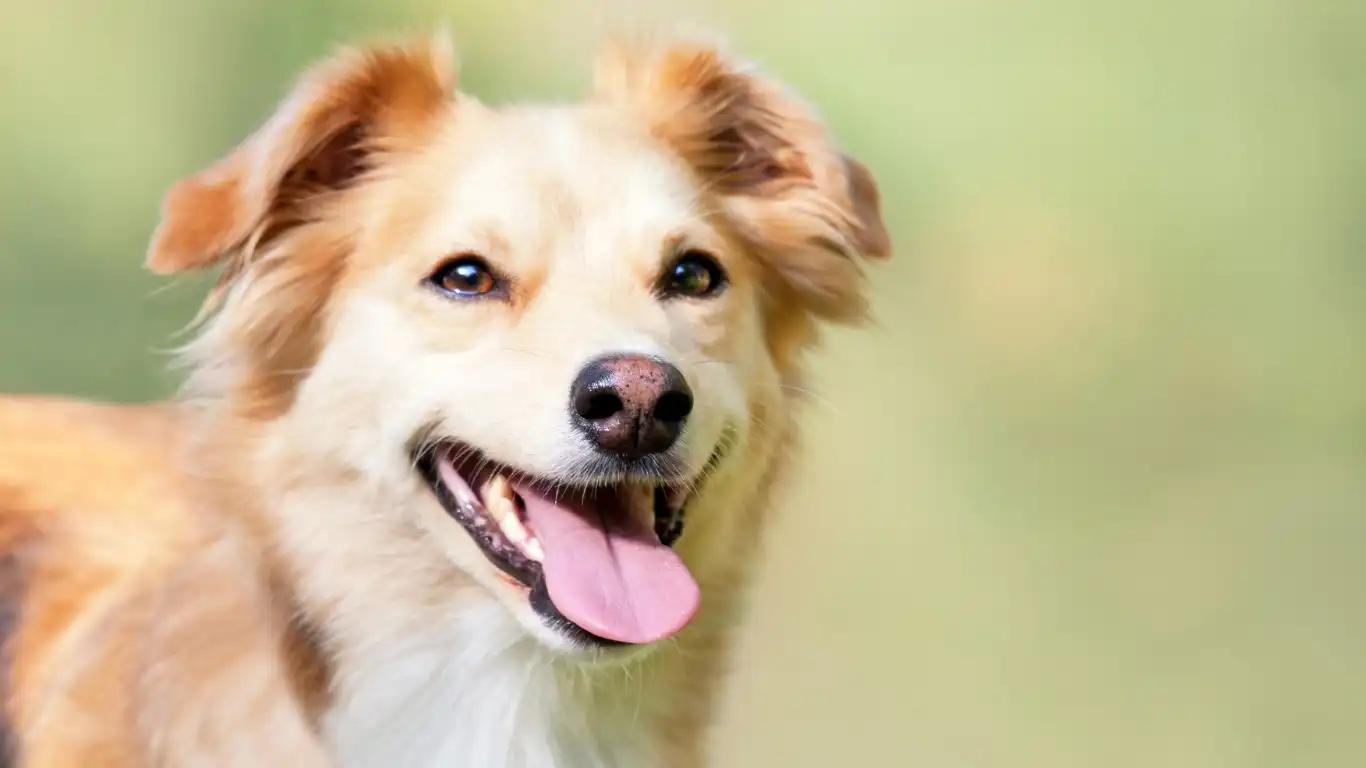
Understanding what causes these issues is half the battle. In my years working as a veterinary technician, I’ve seen a variety of contributing factors that cause dogs to experience uncomfortable bloating or excess gas. Here are some common culprits:
1. Diet and Food Sensitivities
Just like humans, dogs can have food sensitivities or allergies that may result in gas and bloating. If your dog’s diet contains ingredients that don’t sit well with their digestive system, it could cause discomfort. Common offenders include dairy, grains, or certain protein sources. For example, a sudden switch in food or feeding your dog rich, fatty meals might lead to stomach upset.
In my experience, switching to a high-quality, easily digestible dog food can make a big difference. Foods that are free from fillers, artificial preservatives, and those that contain natural fibers help keep your dog’s digestive system running smoothly. It’s always a good idea to introduce new food gradually to avoid triggering gas or bloating.
2. Eating Too Quickly
Some dogs tend to inhale their food as if there’s no tomorrow. When they eat too quickly, they swallow air, which can lead to bloating and gas. This is especially common with breeds like Bulldogs, Dachshunds, and Greyhounds, who tend to be enthusiastic eaters!
To help reduce this issue, consider using slow feeder bowls or puzzle feeders. These can slow down your dog’s eating pace and prevent them from gulping down air along with their food.
3. Stress and Anxiety
Did you know that stress can affect your dog’s stomach? When dogs are anxious or stressed, their digestion can slow down, leading to excess gas. This is another issue I see fairly often. Whether it’s separation anxiety, a change in routine, or even new people or animals in the home, stress can cause bloating and discomfort.
If you suspect stress is contributing to your dog’s digestive problems, try to identify the stressor and reduce your dog’s anxiety with calming techniques. Natural calming aids, like calming chews or pheromone diffusers, may also help.
The Best Natural Remedies for Dog Gas and Bloating

Now that we’ve covered the causes, let’s talk about how to naturally alleviate gas and bloating in your dog. Fortunately, there are several gentle yet effective remedies you can try. Here are my top recommendations:
1. Pumpkin for Digestive Health
Pumpkin is a well-known natural remedy for digestive issues in dogs. It’s high in fiber, which can help regulate your dog’s digestion and ease both constipation and diarrhea. Plus, the natural enzymes in pumpkin can aid in breaking down food more efficiently, preventing gas and bloating.
If your dog suffers from bloating, try adding a small amount of pure canned pumpkin (not the spiced pie filling) to their food. Just a spoonful is usually enough to help soothe their digestive system. It’s an easy and effective fix that’s safe for most dogs!
2. Ginger for Nausea and Gas Relief
Ginger is another fantastic natural remedy for dogs dealing with gas and bloating. It has natural anti-inflammatory properties and can help reduce nausea and ease stomach discomfort. Many dogs find the taste of ginger quite palatable, making it easy to incorporate into their diet.
You can give your dog small amounts of fresh ginger root or ginger powder, or even purchase ginger-based dog treats. Always be sure to check the dosage with your vet before adding it to your dog’s routine, as too much ginger can cause some side effects.
3. Probiotics for a Healthy Gut
Probiotics are great for improving your dog’s gut health, which can directly affect gas and bloating. These “good” bacteria help maintain a balanced microbiome, supporting proper digestion and reducing the chances of uncomfortable bloating.
Incorporating a probiotic supplement into your dog’s diet can work wonders, especially if they’ve recently had a course of antibiotics or if they have an imbalance in their gut bacteria. Many high-quality dog foods now include probiotics, or you can add a separate supplement to their daily routine.
Of course, the best remedy depends on your dog’s individual needs. As a veterinary technician, I always recommend speaking with your vet to rule out any serious health conditions and get personalized advice. Sometimes bloating can be a sign of something more serious, like a gastrointestinal issue, so it’s always a good idea to stay on top of your dog’s health and well-being.
Now that we’ve covered the basics of gas and bloating in dogs and touched on some natural remedies, you’re armed with more knowledge to help your pup feel better. Stay tuned for more tips in the next section, where we’ll dive deeper into some other holistic remedies and prevention strategies!
More Natural Remedies for Dog Gas and Bloating

If you’ve tried some of the basic remedies we covered earlier and your dog is still struggling with gas or bloating, don’t worry—there are even more natural options to explore. As a vet tech specializing in nutrition, I’m always on the lookout for safe, gentle treatments that promote overall health while addressing specific issues like digestive discomfort. In this part of the article, I’ll share some additional remedies and lifestyle adjustments that can help your dog feel better. Let’s jump in!
4. Fennel Seeds to Reduce Gas
If you’ve never heard of fennel as a natural remedy for dog gas, you’re not alone! Fennel is a little-known gem in the world of herbal medicine for dogs. It’s often used to ease digestive issues like bloating, gas, and even colic in puppies. Fennel seeds contain compounds that can help relax the muscles in your dog’s gastrointestinal tract, which can reduce bloating and help gas pass more easily.
To use fennel seeds, you can either grind them into a powder and sprinkle them over your dog’s food or steep them in warm water to make a fennel tea (make sure it’s cool before offering it to your dog). Just a pinch or a small amount of fennel is usually enough. It’s a wonderful, gentle option for dogs that deal with occasional bloating and gas.
5. Slippery Elm for an Upset Stomach
Slippery elm is another fantastic herbal remedy that I often recommend for digestive issues in dogs. It works by forming a gel-like substance that coats and soothes the lining of your dog’s stomach and intestines. This can help relieve bloating, gas, and even mild diarrhea. It’s especially useful for dogs with sensitive stomachs or those who are prone to digestive upset after meals.
Slippery elm can be given in powdered form. You simply mix it with water to create a paste and then offer it to your dog. Some pet owners choose to hide it in a treat or mix it into their dog’s food to make it easier to administer. Just be sure to follow the recommended dosage, as too much slippery elm can lead to some mild side effects, like constipation.
6. Chamomile to Calm the Belly
Chamomile isn’t just for humans! This calming herb is an excellent natural remedy for dogs with upset stomachs, bloating, or gas. Chamomile has soothing properties that help relax the digestive system, reduce inflammation, and even ease anxiety. For dogs dealing with stress-induced gas or bloating, chamomile can be a great option.
You can make chamomile tea by steeping a chamomile bag in hot water, allowing it to cool down, and then offering a small amount of the tea to your dog. Another way to use chamomile is by adding it to your dog’s food in powdered form. Many dogs like the mild, floral taste, and it’s an excellent way to help calm their stomachs. Just make sure to only give them the caffeine-free version!
Preventing Gas and Bloating in Dogs

While treating gas and bloating with natural remedies is helpful, prevention is always the best strategy. Over the years, I’ve learned that most dogs benefit from a little preventative care to keep their digestive systems running smoothly. Here are a few key practices that I’ve found help reduce the likelihood of your dog experiencing bloating or excessive gas:
1. Feed Smaller, More Frequent Meals
If your dog tends to eat large meals in one sitting, this can increase the likelihood of bloating and gas. Large meals cause the stomach to expand rapidly, which may result in gas buildup or even cause bloating. I’ve recommended this to many pet owners who’ve seen a significant improvement just by feeding their dogs smaller meals throughout the day. Instead of two big meals, try offering three or even four smaller portions.
This approach helps prevent overeating and gives the stomach a chance to process food more efficiently, reducing the chances of gas or bloating. It also encourages better digestion overall. Some dogs, especially older or small breeds, may also have difficulty digesting large meals, making smaller, more frequent meals even more beneficial.
2. Slow Down the Eating Pace
As mentioned earlier, some dogs are enthusiastic eaters who scarf down their food too quickly. When dogs eat too fast, they tend to swallow air along with their food, which leads to uncomfortable gas and bloating. If you have a dog who devours their food in minutes, there are several ways to help slow them down.
Using a slow feeder bowl is one of the simplest ways to help your dog pace themselves. These bowls have built-in obstacles that force your dog to work a bit harder for their food, slowing down their eating speed. Alternatively, you can try spreading the food out on a flat surface (like a baking sheet) to make it more challenging for your dog to gobble up too quickly. There are even puzzle feeders that make mealtime more engaging and slow your dog down while offering mental stimulation!
3. Regular Exercise to Promote Healthy Digestion
Exercise is key for keeping your dog’s digestive system in check. Just like humans, dogs benefit from regular movement to promote healthy digestion and prevent constipation, gas, and bloating. If your dog isn’t getting enough exercise, their digestive system may slow down, leading to more frequent episodes of bloating and discomfort.
Even a daily walk can help keep things moving in your dog’s digestive tract. Of course, you don’t want to overdo it—give your dog time to digest their food before engaging in vigorous exercise. But consistent, moderate activity is a great way to ensure that your dog’s digestive system stays in tip-top shape.
When to Consult Your Veterinarian
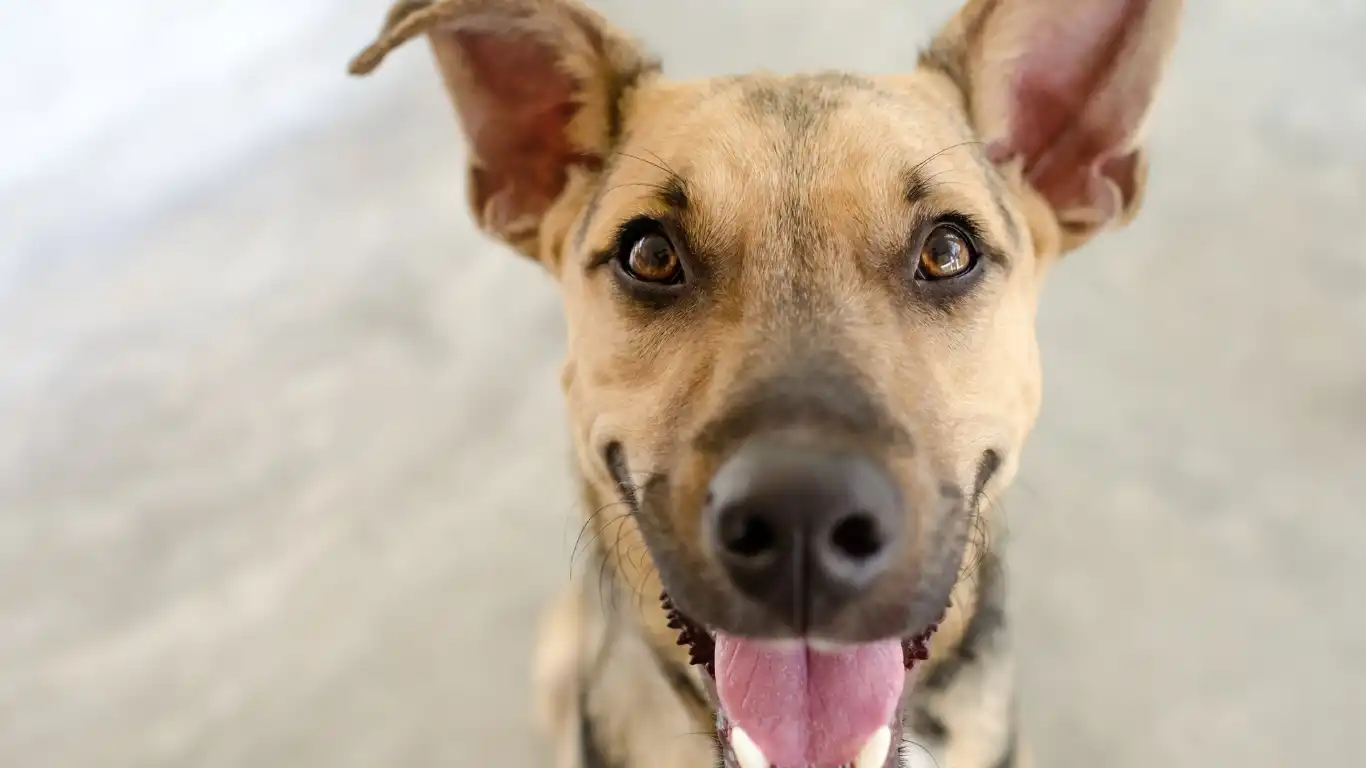
While natural remedies and lifestyle changes can work wonders, it’s important to know when to call in the experts. If your dog is experiencing severe bloating or showing signs of distress, such as retching, excessive drooling, or restlessness, it’s time to seek veterinary attention. Bloating can sometimes be a sign of a more serious condition, like gastric torsion (GDV), which requires immediate treatment.
Similarly, if your dog’s gas and bloating symptoms don’t improve after trying natural remedies or dietary adjustments, it could indicate an underlying health issue that needs further investigation. A veterinarian can help rule out conditions like food allergies, infections, or gastrointestinal disorders that might be contributing to the issue.
As always, when in doubt, don’t hesitate to reach out to your vet for advice and guidance. Your dog’s health and comfort should always be your top priority!
Additional Tips for Managing Dog Gas and Bloating
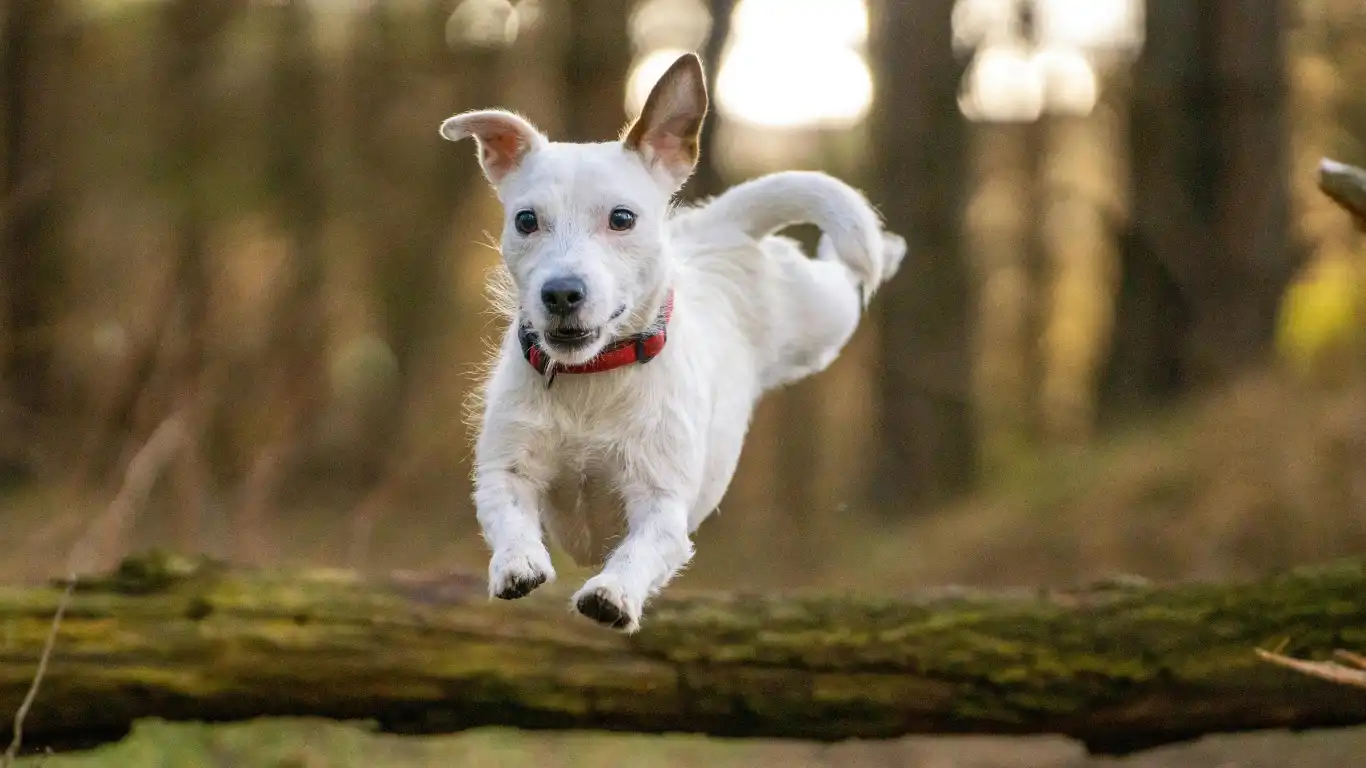
By now, you’ve learned about some of the best natural remedies for dog gas and bloating and how to prevent future flare-ups. But managing your dog’s digestive health goes beyond just what you put in their bowl or the supplements you provide. The environment and daily habits can also play a big role in how well your dog digests food and avoids uncomfortable symptoms like bloating.
1. Keep Mealtime Calm
As I mentioned earlier, stress can wreak havoc on your dog’s digestive system, and one place where this often happens is around mealtime. If your dog is anxious, they might gulp down their food too quickly, which increases the likelihood of bloating and gas. This is something I see fairly often, especially in dogs that have experienced trauma, a change in the household, or separation anxiety. A calm and quiet mealtime environment can make a huge difference in preventing these digestive issues.
Try to make mealtime a peaceful, relaxing experience for your dog. Avoid distractions like loud noises or excitement. Consider playing calming music or using a pheromone diffuser in the room to promote relaxation. I’ve found that these little tweaks can sometimes make a big impact on how well a dog digests their food.
2. Hydration is Key
One often-overlooked aspect of digestive health is hydration. Water helps to move food through the digestive tract and prevent constipation, which can contribute to bloating and discomfort. I’ve seen cases where simply increasing a dog’s water intake has led to significant improvement in their overall digestive health.
If your dog isn’t a fan of drinking water, try offering ice cubes as a fun treat or adding a bit of low-sodium broth to their water bowl to entice them. Some dogs are more likely to drink if the water is slightly flavored, and this can help keep their digestive system moving smoothly.
3. Consider Digestive Enzyme Supplements
Another helpful supplement I often recommend is digestive enzymes. These enzymes break down food more efficiently and help your dog’s body absorb nutrients better, which can reduce bloating and gas. They’re particularly useful for older dogs whose digestive systems may not be as efficient as they once were.
Digestive enzymes are usually available in powder form, which you can sprinkle over your dog’s food. If you’re unsure whether digestive enzymes are a good fit for your dog, chat with your vet, especially if your dog is already on medication or has any pre-existing health conditions. In my experience, these supplements can really help dogs that are dealing with chronic digestive discomfort.
How Diet Plays a Crucial Role in Preventing Gas and Bloating
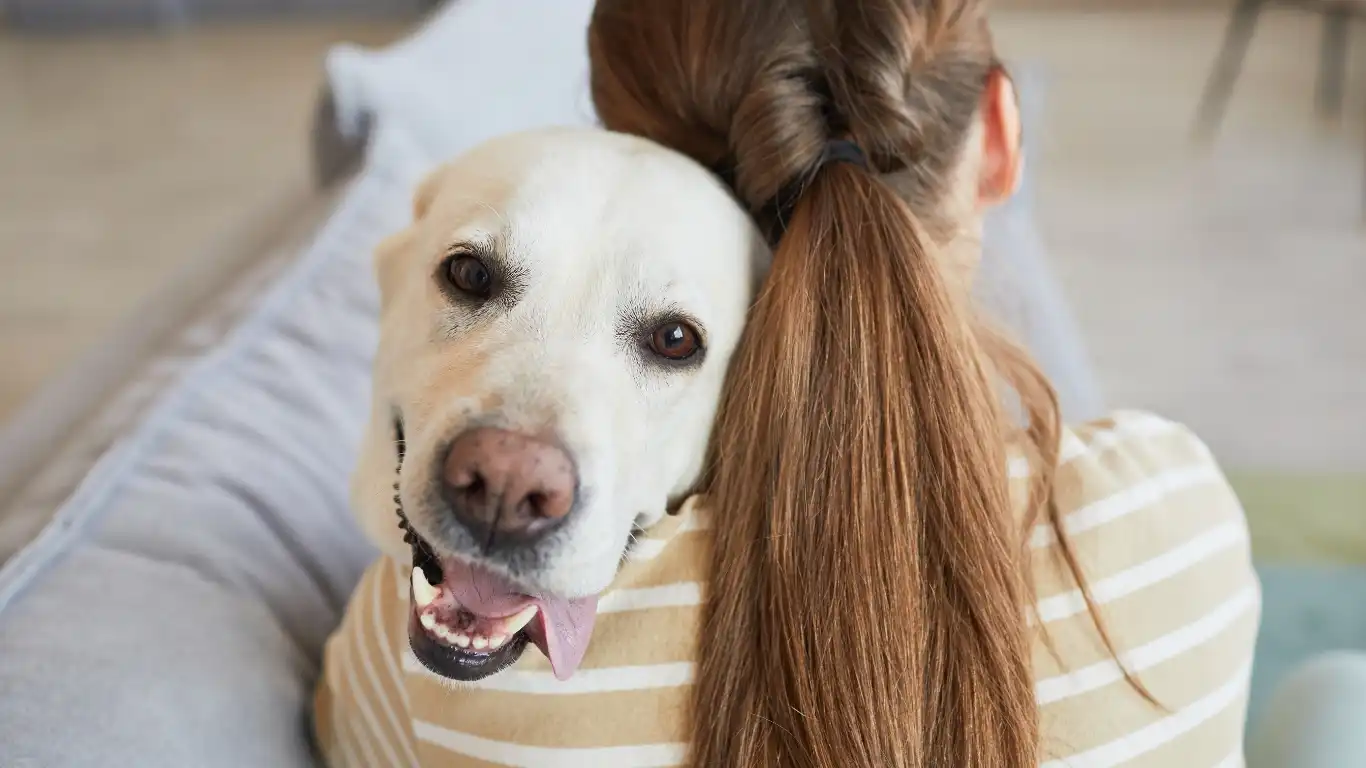
It’s no secret that what your dog eats can make or break their digestive health. As a veterinary technician specializing in nutrition, I’ve seen firsthand how a change in diet can significantly reduce or eliminate gas and bloating. Let’s take a deeper look at how you can fine-tune your dog’s diet to help them feel their best and avoid these digestive issues altogether.
1. Choose High-Quality Protein Sources
Protein is an essential part of your dog’s diet, but not all proteins are created equal. Low-quality protein sources or foods that are difficult for your dog to digest can lead to gastrointestinal upset, which can result in gas, bloating, and even diarrhea. Look for dog food that contains high-quality, easily digestible proteins like chicken, turkey, or lamb, rather than meat by-products or fillers.
Additionally, some dogs have food sensitivities to specific proteins. If your dog seems to have trouble with a certain type of protein (like beef or poultry), consider switching to a novel protein source, such as venison or duck. The goal is to find a protein that’s easy on your dog’s digestive system and supports their overall health.
2. Incorporate Fiber-Rich Foods
Fiber plays a crucial role in maintaining digestive health. It helps move food through the digestive tract and can even prevent constipation, which may contribute to bloating. Adding fiber-rich foods like sweet potatoes, pumpkin, or green beans to your dog’s diet can help regulate their digestion and reduce the likelihood of gas and bloating.
Many high-quality dog foods now contain added fiber to promote digestive health. However, if you’re preparing homemade meals for your dog, be sure to include a variety of fiber sources. Just be mindful of the amounts you’re feeding—too much fiber can lead to diarrhea or digestive upset, so moderation is key.
3. Avoid Artificial Additives and Fillers
Artificial additives and fillers in dog food can irritate your dog’s digestive system, potentially leading to gas and bloating. Preservatives, food colorings, and low-quality grains like corn or wheat are common culprits that many dogs have difficulty processing.
When choosing food for your dog, opt for options that are free from artificial preservatives, dyes, and fillers. Look for brands that focus on whole, natural ingredients. It might cost a little more, but the investment is worth it when it comes to your dog’s long-term health and comfort.
When to Seek Veterinary Care
While most cases of dog gas and bloating can be managed with natural remedies, there are times when it’s crucial to seek professional veterinary care. If your dog is showing signs of more serious gastrointestinal issues—like persistent vomiting, diarrhea, or a lack of appetite—it’s time to consult a veterinarian.
Additionally, if you notice your dog’s belly is distended, and they’re pacing, drooling excessively, or trying to vomit but are unsuccessful, these are signs of potential gastric torsion (GDV), which is a life-threatening condition. GDV requires immediate emergency care, so don’t wait to seek help.
It’s always better to be safe and get your dog checked out by a professional if you’re ever unsure about their health. As much as natural remedies and preventative care can help, sometimes medical intervention is necessary to rule out more serious conditions.
References
If you’re interested in learning more about dog digestion, nutrition, and other helpful tips for managing your pet’s health, here are some reliable sources:
Disclaimer
While the information in this article is based on years of experience as a veterinary technician specializing in nutrition, it is important to consult your veterinarian before making any changes to your dog’s diet or health regimen. Every dog is unique, and what works for one may not work for another. Always get professional advice tailored to your dog’s specific needs and health conditions.
